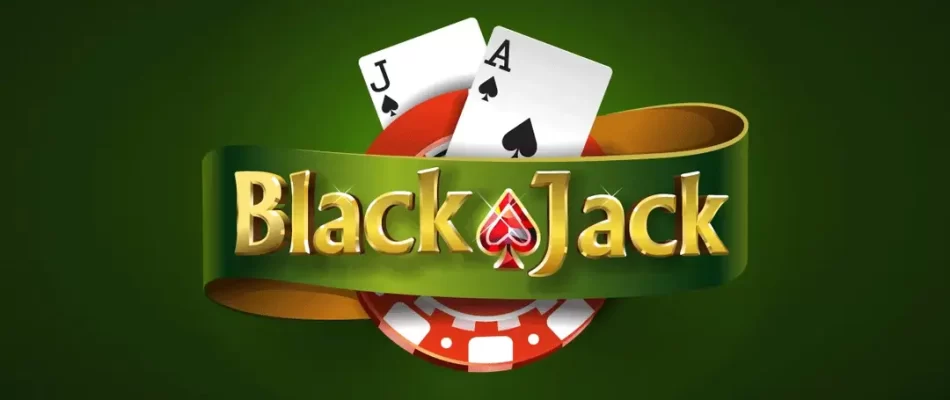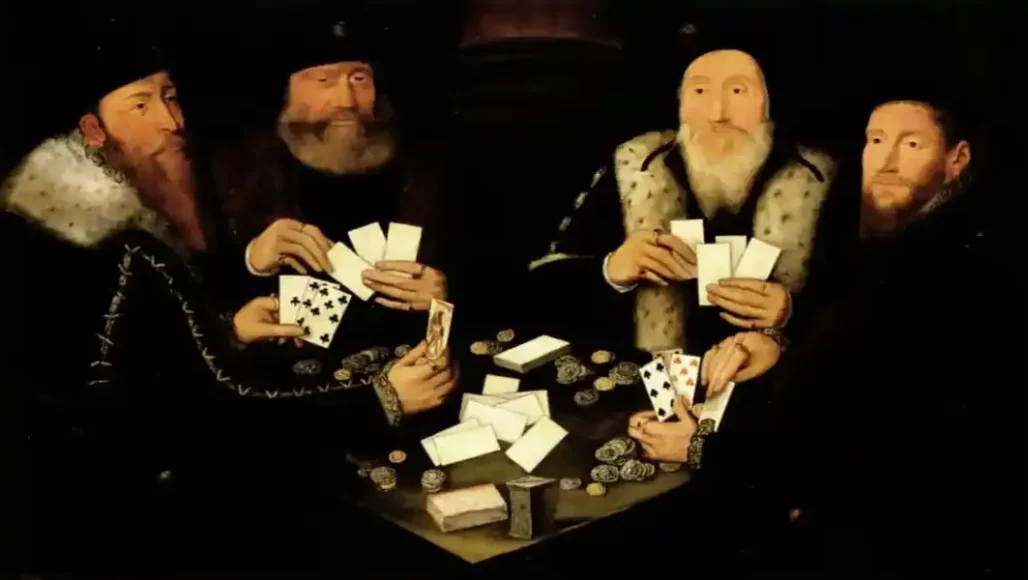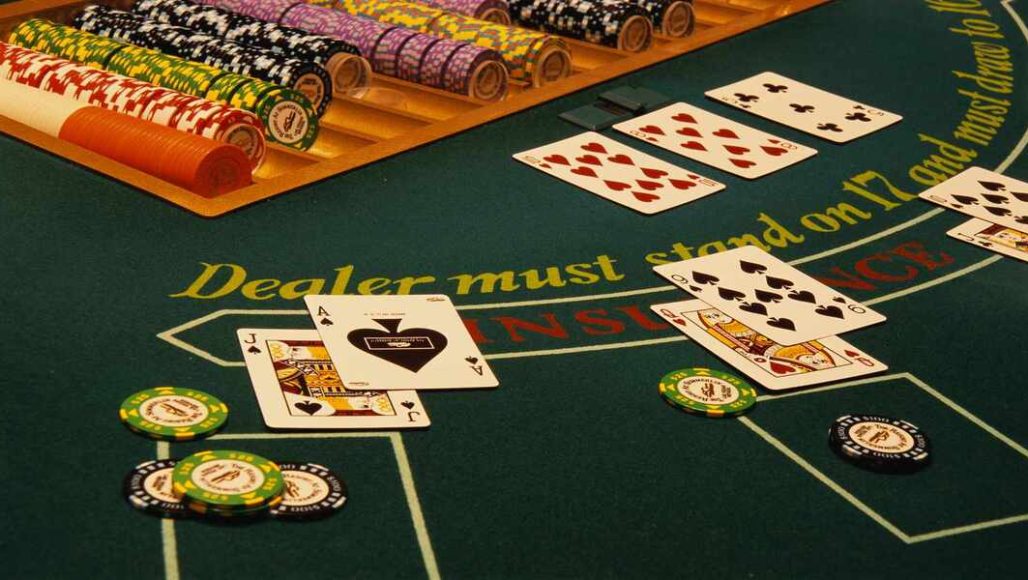History of Blackjack: Origins, Evolution, and Intrigues

Blackjack is not just a popular card game; it is a timeless classic with a rich history that intertwines with various cultures and epochs. Understanding the origins and evolution of blackjack offers a glimpse into how this game, with its blend of skill and chance, became a staple in casinos worldwide.
The Origins of Blackjack
The question “who invented blackjack?” doesn’t have a straightforward answer. Blackjack, as we know it today, evolved from several different card games over centuries. The game’s origins can be traced back to the early 17th century in Spain and France. The Spanish game “Twenty-One,” documented by the author Miguel de Cervantes in the early 1600s, is considered a precursor to blackjack. In this game, the objective was to reach 21 points without exceeding it, a clear indication of blackjack’s foundational rules.
In France, the game “Vingt-et-Un” (French for 21) was popular in the early 18th century. This version also involved reaching 21 points but had its unique variations. By the 19th century, French colonists brought Vingt-et-Un to North America, where it gained immense popularity.

The Evolution in America
When blackjack made its way to American soil, it underwent significant modifications, evolving into the game we recognize today. The early versions of blackjack in America had unique rules to entice players. One notable rule was the 10-to-1 payout for a hand consisting of the Ace of Spades and a black Jack (either of the clubs or spades), which is believed to be the origin of the game’s name, “blackjack.”
Despite these enticing payouts, the game was not an instant success. To stimulate interest, casinos began offering various bonuses, gradually refining the rules to enhance the game’s appeal. By the mid-20th century, blackjack had firmly established itself in American casinos, attracting a diverse range of players drawn to its mix of strategy and chance.
Why is Blackjack Called Blackjack?
The name “blackjack” originates from one of the early versions of the game, where achieving a hand with the Ace of Spades and a black Jack (clubs or spades) resulted in a special payout. Although this particular payout rule has long been abandoned, the name “blackjack” persisted and became synonymous with the game.
The Strategic Depth of Blackjack
One of the reasons behind blackjack’s enduring popularity is its strategic depth. Unlike many other casino games that rely purely on chance, blackjack offers players the opportunity to influence the outcome through decisions such as hitting, standing, splitting, doubling down, and opting for blackjack insurance. This aspect of the game attracted numerous enthusiasts and scholars, leading to the development of various strategies and card-counting techniques.
In 1962, Dr. Edward O. Thorp’s book, “Beat the Dealer,” revolutionized blackjack strategy. Thorp’s card-counting method demonstrated that players could gain a statistical edge over the house by keeping track of the cards played. This book not only popularized blackjack but also cemented its status as a game of skill and intelligence.
Blackjack in the Modern Era
The advent of online casinos in the late 20th and early 21st centuries brought another transformation to blackjack. The convenience of playing online and the proliferation of digital platforms allowed blackjack to reach an even wider audience. Today, online blackjack offers various versions, from traditional single-deck games to multi-hand variations, catering to players of all preferences.
Additionally, live dealer blackjack games have bridged the gap between online and land-based casinos, providing an immersive experience that combines the convenience of online play with the social interaction of traditional casino gaming.

When Was Blackjack Invented?
Determining precisely when blackjack was invented is challenging due to its gradual evolution from older card games. However, the key milestones in its development span several centuries, with significant contributions from both European and American gaming traditions. The early 17th century Spanish game “Twenty-One” and the 18th century French game “Vingt-et-Un” are crucial in understanding when blackjack was invented. The game’s formal recognition and widespread adoption in American casinos occurred in the 20th century, cementing its place in gambling history.
Blackjack’s Cultural Impact
The history of blackjack is also intertwined with popular culture. From classic films like “Rain Man” to modern hits like “21,” blackjack has been depicted as a game of wit and strategy, often associated with high-stakes drama and intellectual challenge. These portrayals have contributed to the game’s mystique and allure, attracting new generations of players eager to test their skills.
Moreover, blackjack tournaments, both live and online, have become popular, showcasing the game’s competitive aspect. These tournaments draw participants from around the world, further solidifying blackjack’s status as a globally recognized and cherished card game.
| Aspect | Details | Impact |
|---|---|---|
| Film Depictions | Classic films like ‘Rain Man’ | Depicted as a game of wit and strategy, often associated with high-stakes drama and intellectual challenge. |
| Film Depictions | Modern hits like ’21’ | Contributed to the game’s mystique and allure, attracting new generations of players eager to test their skills. |
| Blackjack Tournaments | Live tournaments | Showcasing the game’s competitive aspect, drawing participants from around the world. |
| Blackjack Tournaments | Online tournaments | Solidifying blackjack’s status as a globally recognized and cherished card game. |
Conclusion
The history of blackjack is a captivating journey through time, reflecting cultural exchanges and the evolution of gaming preferences. From its early origins in 17th century Spain and France to its establishment as a cornerstone of modern casinos, blackjack has remained a beloved game for centuries. The combination of strategy, skill, and chance continues to attract players, ensuring that blackjack’s legacy endures.
Understanding why blackjack is called blackjack, who invented blackjack, and when blackjack was invented provides a deeper appreciation for this timeless game. As both a historical artifact and a living, evolving pastime, blackjack remains a testament to the enduring appeal of card games in human society.
FAQ
Blackjack’s history spans several centuries and continents. Originating from the Spanish game “Twenty-One” and the French game “Vingt-et-Un,” it was brought to North America by French colonists. In the early 20th century, American casinos modified the game, making it more popular. The name “blackjack” emerged from a special payout for a hand consisting of an Ace of Spades and a black Jack.
Blackjack’s exact invention date is difficult to pinpoint, but its roots can be traced back to the early 1600s with the Spanish game “Twenty-One.” The game evolved significantly by the early 18th century in France with “Vingt-et-Un” and became widely recognized in American casinos in the 20th century.
The name “blackjack” originated from a special rule in early American casinos where a hand consisting of the Ace of Spades and a black Jack (clubs or spades) would receive a 10-to-1 payout. Although this rule no longer exists, the name “blackjack” remained.
When blackjack was introduced in America, it underwent several modifications to attract players. Casinos offered various bonuses and refined the rules, which helped the game gain popularity. By the mid-20th century, blackjack had become a staple in American casinos.
Published in 1962, Dr. Edward O. Thorp’s book “Beat the Dealer” revolutionized blackjack by introducing card-counting techniques. This method showed that players could gain a statistical edge over the house, enhancing the game’s reputation as one of skill and strategy.
The advent of online casinos in the late 20th and early 21st centuries significantly expanded blackjack’s reach. Online platforms offer various versions of the game, from traditional single-deck to multi-hand variations, making it accessible to a broader audience. Live dealer games have also emerged, providing a blend of online convenience and traditional casino interaction
Blackjack has a prominent place in popular culture, often depicted in films like “Rain Man” and “21” as a game of wit and strategy. These portrayals have contributed to its allure and mystique, attracting new generations of players. Additionally, blackjack tournaments, both live and online, showcase the game’s competitive aspect and draw participants from around the world.